Nurses and COVID-19
“The world breaks everyone and afterward
many are strong at the broken places.”
~ Ernest Hemingway, A Farewell To Arms
Donna Heil is a registered nurse working in Duluth during the Covid-19 pandemic. Every morning or night, depending on the shift, she wakes up and goes to work. Earlier in her career she took care of children in an intensive care unit, and would fly in helicopters when needed to help pediatric patients. Now she works in radiology, helping people who are sometimes very sick.
She became a nurse after living through a horrific automobile crash in which her husband died. That is why I turned to Hemingway and his words, “many are strong at the broken places.” He wrote those words in his novel about the first world war and the time he spent in Italy recovering from a wound he suffered as an ambulance driver and the nurse who took care of him while he was convalescing. Donna is a tremendously strong, loving, caring woman which is why she is a great nurse filled with compassion and empathy.
This morning I took photos of her as she was getting ready to go to work like she has done so many times before, except today and every day after she is going to work during a pandemic. She is an essential worker. Still taking care of people. She is not interacting directly with infected COVID-19 patients at the hospital, but no one really knows who is infected and who is not. We simply have not had enough testing to know that. So she, like so many others who are going to work each day, is playing Russian Roulette with a virus. She takes all the precautions to protect her patients and herself, but nothing is for sure and nothing protects absolutely.
The virus is continuing to spread, and in Duluth the experts are saying the peak might not be until June or July, with other waves of the virus over the next year to eighteen months. As the need for medical professionals to treat the infected patients grows, she might find herself working in an ICU again because of her experience.
As hospitals and clinics begin to do more routine procedures again even though the pandemic is not any less dangerous than yesterday, a week ago or two months ago. It still is lurking and waiting, further increasing the risk for nurses and all medical staff. Why would the hospital increase routine procedures? Hospitals like so many other businesses and institutions are bleeding money. It is a symptom of the systemic breakdown of our world where humanity is sacrificed for money. Donna like so many in medical careers would go to work and run to help someone in need while everyone else is running in the opposite direction for safety. That is who she is. She would volunteer to help if her help was needed.
There are other people deemed “essential” workers who are going to work every day because they cannot afford not to. They need the work to survive and to have healthcare (if they are lucky to have healthcare at all) in order to be able to take care of themselves and their families. As George Packer writes in the current issue of The Atlantic:
We now have two categories of work: essential and nonessential. Who have the essential workers turned out to be? Mostly people in low-paying jobs that require their physical presence and put their health directly at risk: warehouse workers, shelf-stockers, Instacart shoppers, delivery drivers, municipal employees, hospital staffers, home health aides, long-haul truckers.
This is our present and future reality.
Yesterday I was reading through a specification book for a construction project that will be starting this summer in Duluth. I came across words which illustrate the essential vs. non-essential divide and the disjointed matrix between the value of money over the value of a life:
The awarded contractor will be required to submit a work plan for the project as it relates to maintaining any state mandated workplace management as it relates to COVID-19. This should include daily management of work crews, including policy for managing the site and workforce should a contamination be identified in order to maintain the project schedule. This plan will need to be submitted for review as part of finalizing the Owner/Contractor Agreement.
Regardless of contamination which means sick humans the schedule must be maintained. This directly affects Donna and her colleagues — more infected people means more infected people at the hospitals. Does anyone think about the unintended consequences of these actions? The Butterfly Effect of words and decisions?
There have been many metaphors tossed around as people grasp to understand the pandemic. The metaphor I have been thinking about to make sense of this moment is the Western Front in World War I and the trenches dug parallel to each other filled with soldiers who had fought to a standstill. The word “war” has been used to describe what we are living through in the fight against COVID-19. Even as it appears we have come to some sort of standstill and people are becoming antsy and wanting to have their normal lives back while thinking the pandemic is slowing and the curve being flattened or that they will not contract the virus in blinded exceptionalism in which it is always the other who is infected but not me.
We have dug trenches and may be lulled into thinking it is safe to climb out of them, but we will find ourselves infected by the virus if we hastily run across “no-man’s land” thinking all is quiet like a character in Erich Maria Remarque’s All Quiet on the Western Front who, “fell in October 1918, on a day that was so quiet and still on the whole front, that the army report confined itself to the single sentence: All quiet on the Western Front. He had fallen forward and lay on the earth as though sleeping. Turning him over one saw that he could not have suffered long; his face had an expression of calm, as though almost glad the end had come.”
The war with COVID-19 is not over just as World War I was not over when it was fought to a standstill without a peace treaty. We do not have a vaccine or herd immunity — we have a tentative hopeful cessation in some locations brought about by safeguards put in place but not an end to the pandemic. People, not abstractions, are still dying just like they died in World War I when it may have seemed the guns had stopped firing and the mustard gas had stopped floating over the trenches. This brings us back around to Hemingway and his novel, A Farewell to Arms, where he writes about the abstractions of war:
Abstract words such as glory, honor, courage, or hallow were obscene beside the concrete names of villages, the numbers of roads, the names of rivers, the numbers of regiments and the dates.”
As I am writing this, on April 23, Minnesota has had the largest one-day increase in COVID-19 cases and the deaths have risen to 200. Two hundred lives, not abstractions on a spreadsheet, not percentages but faces of humanity. This is the situation Donna leaves home every morning fully cognizant of as she walks into a place where the virus lurks looking for both the weak and the strong, the old and the young to infect as it is no respecter of nomenclatures placed on humanity.
Hopefully, we can find solidarity and hope in our shared experiences and discover meaning in our decency of doing our work to help others. That is what I see in Donna and her colleagues in healthcare doing — finding decency in helping others while fighting not only the COVID-19 virus but the viruses of ignorance, selfishness and pride.
The knowledge that the whole of humanity, from Thailand to New York, shares our anxieties about how and where to use a face mask, the safest way to deal with the food we have bought from the grocer and whether to self-quarantine is a constant reminder that we are not alone. It begets a sense of solidarity. We are no longer mortified by our fear; we discover a humility in it that encourages mutual understanding.
~ Orhan Pamuk, “What the Great Pandemic Novels Teach Us“
Recommended Links:
Leave a Comment
Only registered members can post a comment , Login / Register Here



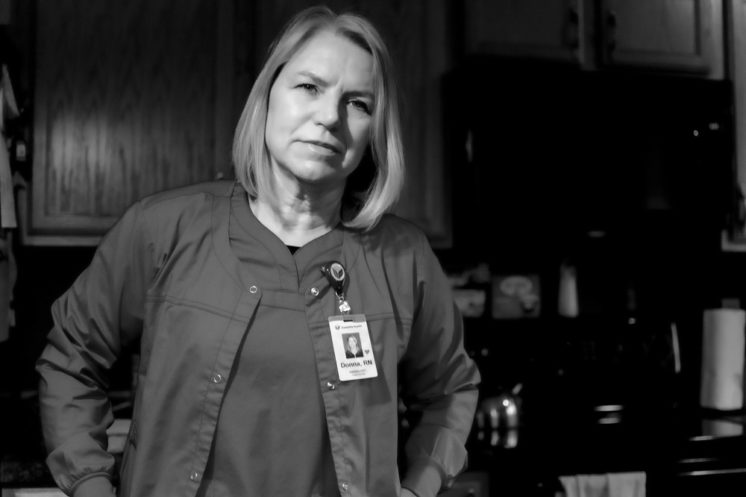
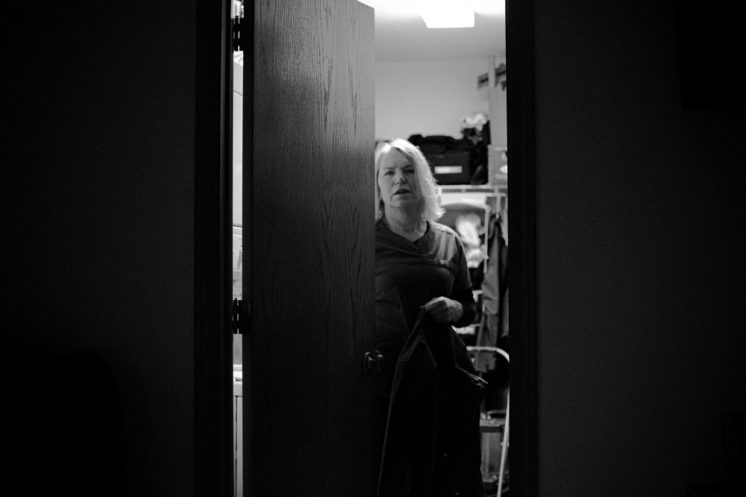
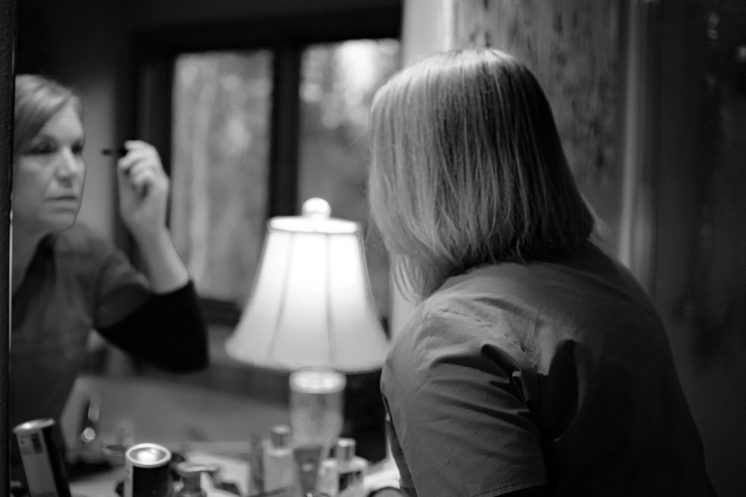
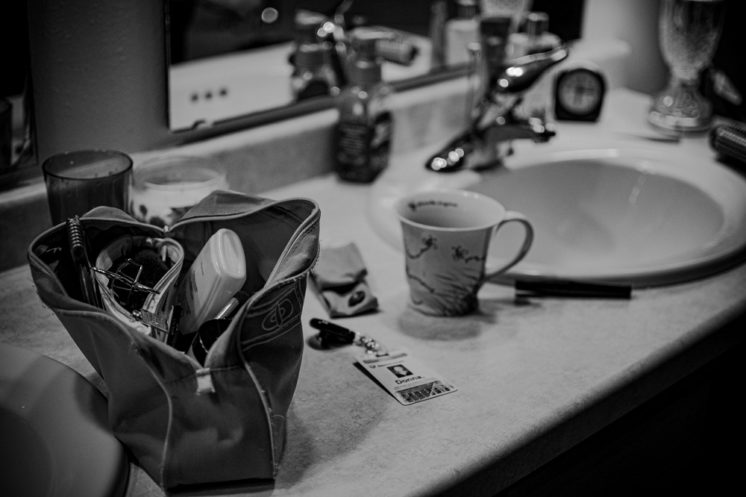
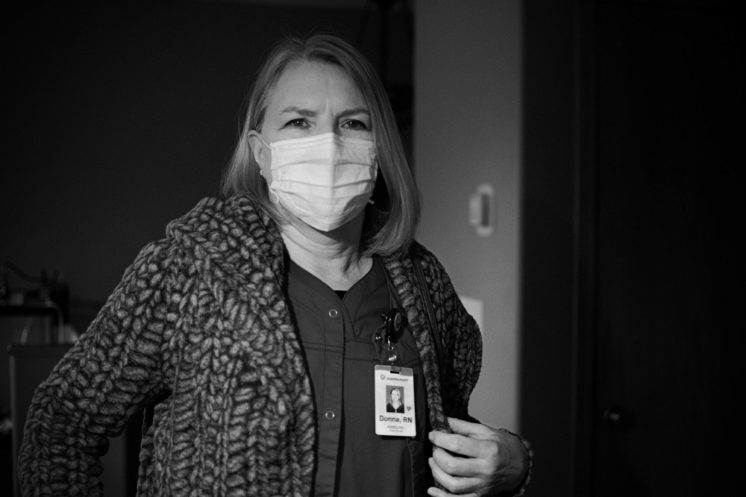












No Comments